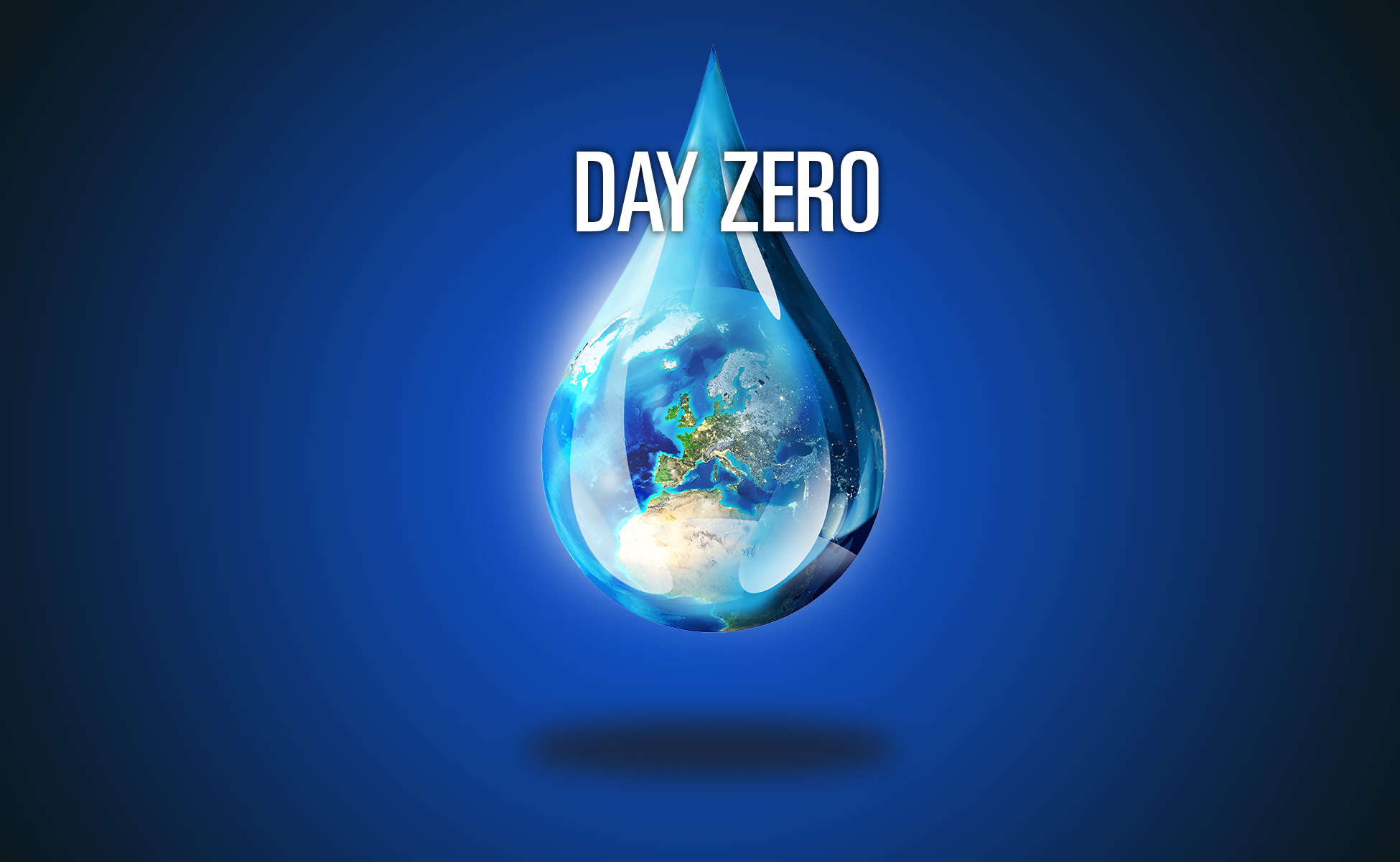For more than 100 years, chlorine has been the primary chemical used to treat swimming pool water and public drinking water. It remains in widespread use in spite of the fact that it has stiff competition from so-called alternative sanitizers. For all of its water-treatment supremacy, chlorine is poorly misunderstood. To a large extent, it …
Continue reading “Chlorine’s True Role In Maintaining Water Quality”
